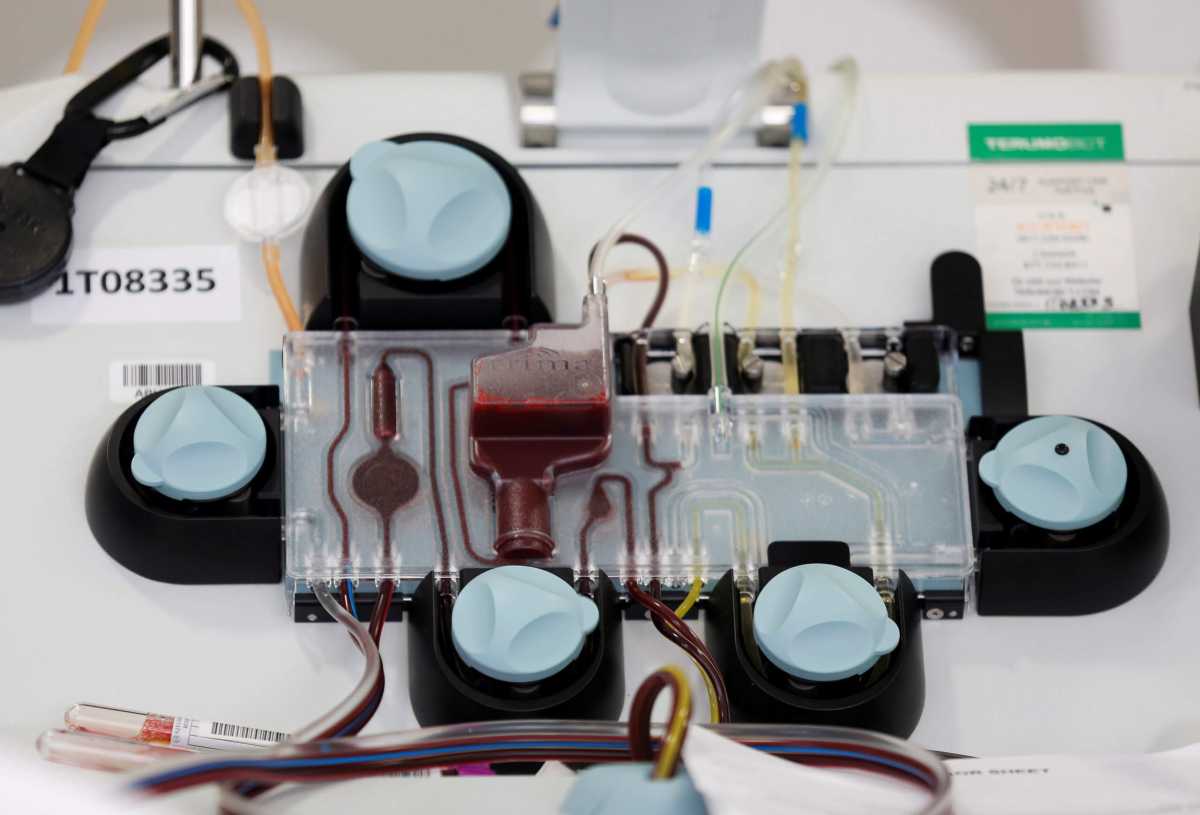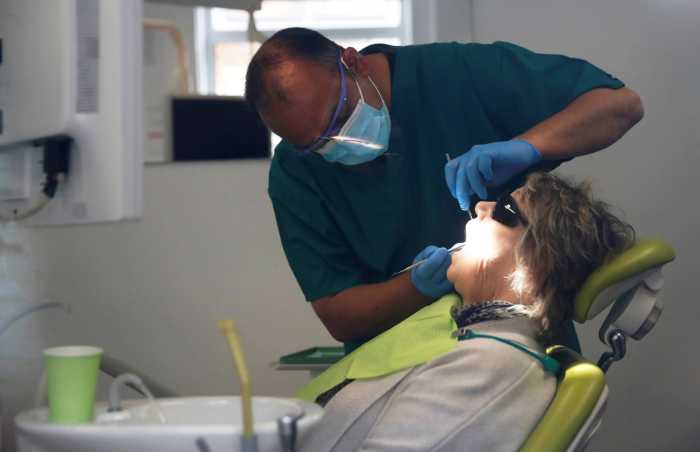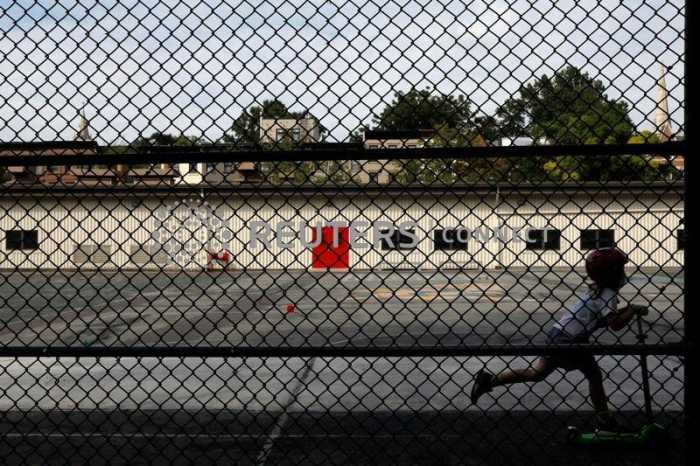The U.S. Food & Drug Administration (FDA) on Sunday said it authorized the use of blood plasma from patients who have recovered from COVID-19 as a treatment for the disease, a day after President Donald Trump blamed the agency for impeding the rollout of coronavirus vaccines and therapeutics for political reasons.
The announcement from the FDA of a so-called “emergency use authorization” also comes on the eve of the Republican National Convention, where Trump will be nominated to lead his party for four more years.
A day before the FDA’s announcement, Trump tagged the agency’s Commissioner Stephen Hahn in a tweet and said, “The deep state, or whoever, over at the FDA is making it very difficult for drug companies to get people in order to test the vaccines and therapeutics.” “Obviously, they are hoping to delay the answer until after November 3rd. Must focus on speed, and saving lives!”
Trump has announced a news briefing for 5:30 pm ET (2130 GMT)on Sunday. He is likely to make an announcement on this topic.
The FDA, which appeared to rush with an announcement on Sunday, said early evidence suggests blood plasma can decrease mortality and improve the health of patients when administered in the first three days of their hospitalization.
It was not immediately clear what the immediate impact of this decision would be.
“It appeared that the product is safe and we’re comfortable with that and we continue to see no concerning safety signals,” said Peter Marks, director of the Food and Drug Administration’s Center for Biologics Evaluation and Research said on a conference call with reporters.
The agency also said it determined this was a safe approach in an analysis of 20,000 patients who received this treatment. So far, 70,000 patients have been treated using blood plasma, the FDA said.
Patients who benefited the most from this treatment are those under 80 years old and who were not on a respirator, the agency said. Such patients had a 35 percent better survival rate a month after receiving the treatment.
FDA Director Stephen Hahn said Trump had not spoken to him or the agency and did not play a role in its decision to make the announcement on Sunday.





























